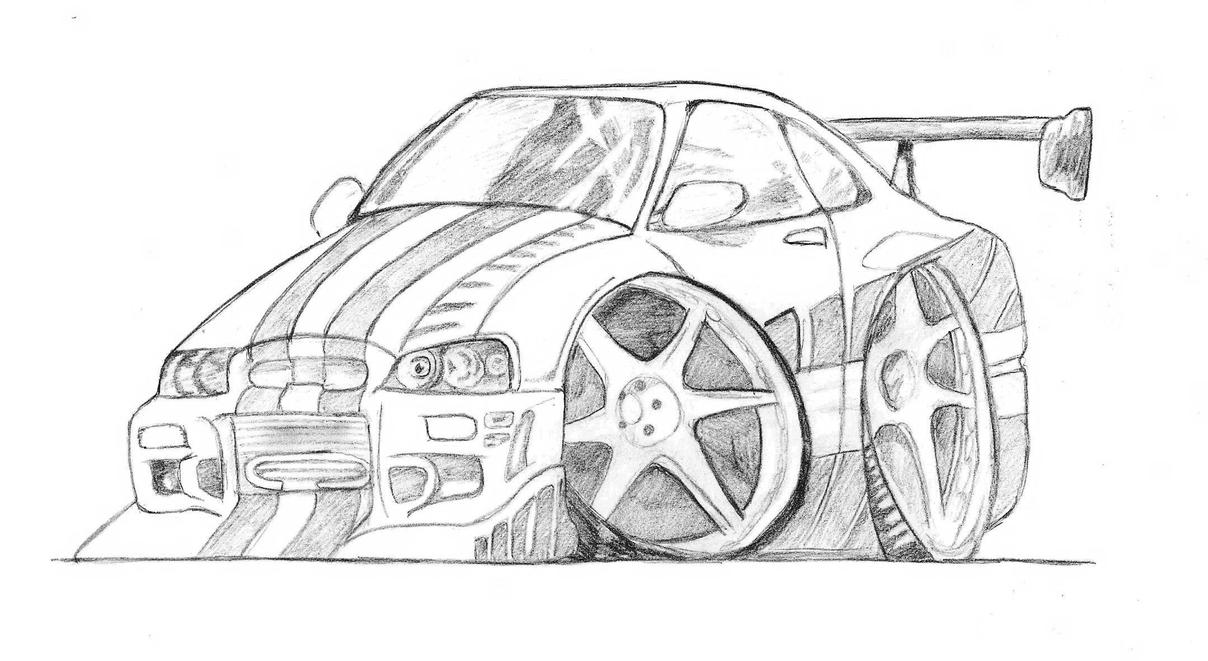Cartoon Car Pictures Definition
Source(google.com.pk)Ko-Ko Song Car-Tunes, Song Car-Tunes, or (some sources erroneously say) Sound Car-Tunes, is a series of short three minute animation films produced by Max Fleischer and Dave Fleischer between May 1924 and September 1927, pioneering the use of the "Follow the Bouncing Ball" device used to lead audiences in theater sing-alongs. The Song Car-Tunes were also pioneer efforts in the first application of sound and animation, several years before Paul Terry's Dinner Time (released October 1928) and Walt Disney's Steamboat Willie (November 1928).There were 36 titles in the Song Car-Tune series, with 19 using the Phonofilm sound-on-film process developed by Lee DeForest beginning with Oh, Mabel; Mother, Pin a Rose on Me; Goodbye, My Lady Love; and Come Take a Trip on My Airship (all May and June 1924). Another 17 titles were released silent, designed to be played with live music in theaters. The Fleischer brothers partnered with DeForest, Edwin Miles Fadiman, and Dr. Hugo Riesenfeld to form Red Seal Pictures Corporation, which owned 36 theaters on the East Coast, extending as far west as Cleveland, Ohio.
On 15 September 1925, the Fleischers released My Bonnie Lies Over the Ocean which is the first film to use the follow the bouncing ball gimmick. In April 1926, the Fleischers released My Old Kentucky Home, with one of the earliest attempts to synchronize animation with dialogue, as a dog in the film encourages the audience to "sing along with the bouncing ball".
In September 1926, the U.S. division of DeForest Phonofilm and Red Seal Pictures Corporation filed for bankruptcy, and the Fleischers ended their use of the Phonofilm system, releasing their last sound Song Car-Tune, By the Light of the Silvery Moon (1927), just as the sound era was about to begin. In early 1929, the Fleischers signed a Paramount Pictures contract. Paramount re-released some of the silent Song Car-Tunes between 1929 and 1932 with new soundtracks, new animation, and new main titles that eliminated the names of Max and Dave Fleischer.
With the sound era established, the Fleischers revived the song film series as Screen Songs in February 1929 and continued until 1938. While Ko-Ko the Clown had been retired, the "Bouncing Ball" was retained. This new series ran a full seven minutes, with more animation than the early Song Car-Tunes, built around the theme of the featured song.
The first films in the new series used standards such as The Sidewalks of New York (released 5 February 1929) and Old Black Joe. The series continued with new productions of songs previously released in the earlier series, such as Daisy Bell, Good Bye, My Lady Love, Mother Pin a Rose On Me, Oh! How I Hate to Get Up in the Morning, and Come Take a Trip in My Airship, all with new soundtracks in the RCA Photophone system and released by Paramount Pictures.
Many of the Screen Songs featured popular stars of stage, radio, and records such as Ethel Merman, Rudy Vallee, Lillian Roth, The Mills Brothers, and the Boswell Sisters. Starting in 1934, the Screen Songs series focused on the big bands of the "Swing Era", such as Abe Lyman, Shep Fields, Gus Arnheim, Hal Kemp, Jack Denny, Vincent Lopez, Henry King, Jay Freeman, Jerry Baline, Bert Block, Frank Dailey, and Jimmy Dorsey.
The Screen Songs concept was revised in a special edition of the Technicolor Noveltoons series in 1945 with When G. I. Johnny Comes Home Again, and the series officially returned in 1948 with Base Brawl and continued until 1951. Paramount attempted to revive the series in 1963 after the television success of Sing Along With Mitch with the cartoon Hobo's Holiday.
The concept of the "Bouncing Ball" has become such an established cultural icon, that it has been used in television commercials to sell all sorts of products from sleeping tablets to cat food. Just before retiring in 1968, Dave Fleischer used a form of the "Bouncing Ball" for the ending of Thoroughly Modern Millie where he shot cutout animation to "bounce" the head of Beatrice Lillie over the lyrics to the title song.You know, when I was a kid, it never occurred to me that Fred’s steamroller-esque car would be impossible to steer, making the crude wooden tiller mostly decorative. Additionally, back ten, it didn’t seem all that odd that Pebbles might be hanging over one deadly rolling stone, and Bam Bam would ride on the roof. All I knew was it looked uncomfortable as hell, and boy could that surrey top hold a lot of weight!Cartoon cars- they’ve been a staple of animated fare for decades, and some have stood out as particularly cool and distinctive. Whether it was the baling wire and bubble gum patchwork of Tom Slick’s Thunderbolt Grease-Slapper, or the jaw-dropping prowess of Speed’s Mach V, they always seemed to get the job done.
NOT THAT THERE'S ANYTHING WRONG WITH THAT.Some animated cars are really animated, and become anthropomorphized characters in their own. Speed Buggy, and, most notably, the entire cast of Cars embody this. Others, such as the Mystery Machine, the Wacky Racers or the Jetson’s bubble-topped flying car, serve only as transport for their owners, despite being boldly emblematic of the series.
Sponge Bob’s boat-car, the Homermobile, Roger Rabbit’s friend Benny the Cab- there’s a lot from which to choose. And one of my favorites isn’t even a car, but the trailer from the short Mickey’s Trailer, which at a pull of a lever (why don’t we have levers anymore? Stupid digital age) would transform from tiny tow-behind to commodious home away from home. Of course with both Donald and Goofy along, things soon get off the hook.
What’s interesting is that many of these vehicles, whether crudely drawn, or the steely output of a rendering farm, were likely one of our first introduction to cars and driving, making them aspirational objects for the pre-pubescent yearning for the day when we could take a turn behind the wheel. And after leaping cars, talking cars, and transforming cars, the real thing could have been a letdown, had it not been so freeing and fabulously fun in its own right.
Cartoon Car Pictures Free JCartoon Pictures Images Photos Wallpaper 2013

Cartoon Car Pictures Free JCartoon Pictures Images Photos Wallpaper 2013

Cartoon Car Pictures Free JCartoon Pictures Images Photos Wallpaper 2013

Cartoon Car Pictures Free JCartoon Pictures Images Photos Wallpaper 2013

Cartoon Car Pictures Free JCartoon Pictures Images Photos Wallpaper 2013

Cartoon Car Pictures Free JCartoon Pictures Images Photos Wallpaper 2013


Cartoon Car Pictures Free JCartoon Pictures Images Photos Wallpaper 2013

Cartoon Car Pictures Free JCartoon Pictures Images Photos Wallpaper 2013

Cartoon Car Pictures Free JCartoon Pictures Images Photos Wallpaper 2013

Cartoon Car Pictures Free JCartoon Pictures Images Photos Wallpaper 2013

No comments:
Post a Comment